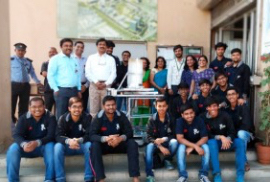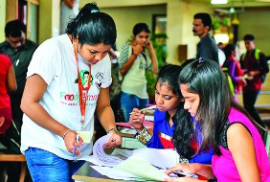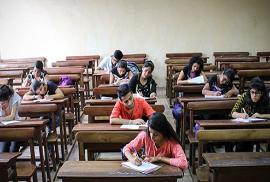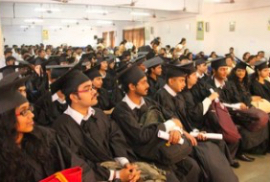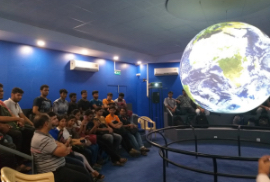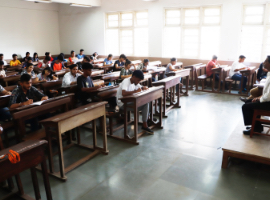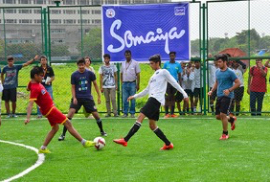Accomplishments

Remote Sensing and Machine Learning for Crop Water Stress Determination in Various Crops: A Critical Review
- Abstract
-
PDF Full Text
The remote sensing (RS) technique is less cost- and labour- intensive than ground-based surveys for diverse applications in agriculture. Machine learning (ML), a branch of artificial intelligence (AI), provides an effective approach to construct a model for regression and classification of a multivariate and non-linear system. Without being explicitly programmed, machine learning models learn from training data, i.e., past experience. Machine learning, when applied to remotely sensed data, has the potential to evolve a real-time farm-specific management system to reinforce farmers' ability to make appropriate decisions. Recently, the use of machine learning techniques combined with RS data has reshaped precision agriculture in many ways, such as crop identification, yield prediction and crop water stress assessment, with better accuracy than conventional RS methods. As agriculture accounts for approximately 70% of the worldwide water withdrawals, it must be used in the most efficient way to obtain maximum yields and food production. The use of water management and irrigation based on plant water stress have been demonstrated to not only save water but also increase yield. To date, RS and ML-based results have encouraged farmers and decision-makers to adopt this technology to meet global food demands. This phenomenon has led to the much-needed interest of researchers in using ML to improve agriculture outcomes. However, the use of ML for the potential evaluation of water stress continues to be unexplored and the existing methods can still be greatly improved. This study aims to present an overall review of the widely used methods for crop water stress monitoring using remote sensing and machine learning and focuses on future directions for researchers.


